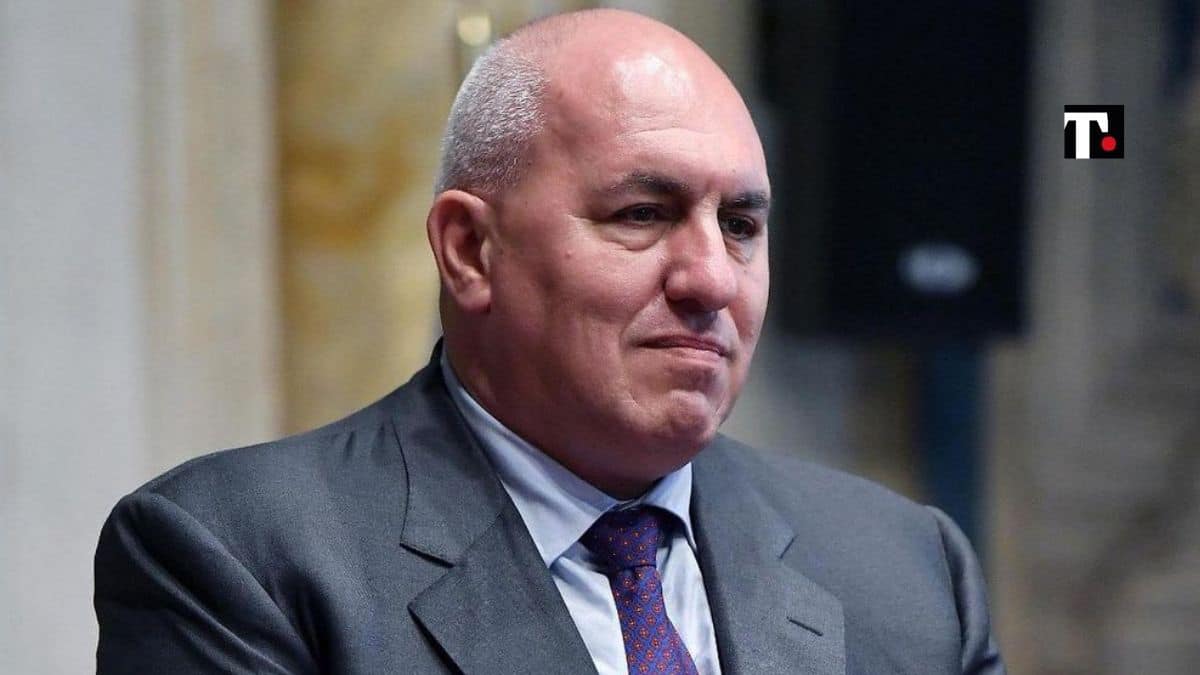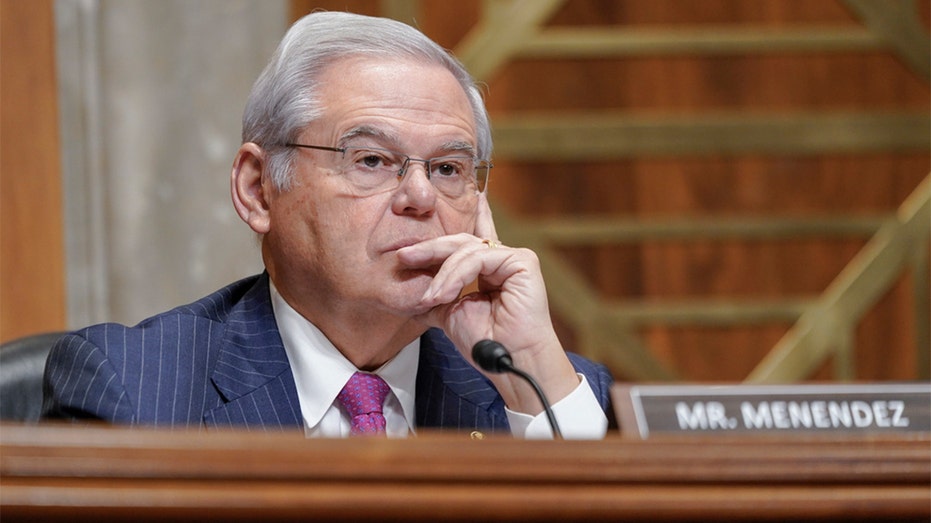Italy opposes sending NATO troops to Ukraine
Earlier, French President Emmanuel Macron and Polish Foreign Minister Radosław Sikorski have expressed openness to the idea of sending Western troops to Ukraine.

Italy is against sending NATO troops to Ukraine, stated Italian Defense Minister Guido Crosetto in an interview with the newspaper La Stampa.
“France and Poland can speak for themselves, not on behalf of NATO, which from the beginning has formally and voluntarily remained outside the war in Ukraine. Bringing troops to Kyiv means taking a step towards a one-way escalation that would erase the path of diplomacy,” said Crosetto.
Crosetto added that Italy will continue to support Ukraine through other available means. However, he acknowledged that the disproportion of forces on the ground is a significant issue, with Russia’s conversion into a war economy making it more equipped and agile than NATO in military production.
“The West has discovered that it has a much lower production capacity than Russia and needs time to reverse the trend. On ammunition, after a year, we have reached a level of production that can help Ukraine, but it is still lower than the Russian one,” said Crosetto.
Last week, French President Emmanuel Macron stated that the possibility of sending Western troops to Ukraine “cannot be ruled out,” later clarifying that his words were carefully considered.
Polish foreign minister Radosław Sikorski stated that French President Emmanuel Macron’s proposal to deploy Western troops on Ukrainian soil could be useful as a way to influence Russia’s actions in the ongoing war. He argued that the West should leverage its “ability to engage in creatively defined and asymmetric escalation” to gain an advantage in the war.
However, Macron’s statement drew negative reactions from allied governments, with leaders hastening to assure that they would not send troops.
Moscow responded angrily to Macron’s comments, warning that the deployment of Western forces in Ukraine would inevitably lead to a conflict between Russia and NATO.
Read more:
- French FM: “Ukraine didn’t ask us to send troops. We don’t exclude anything”
- Polish foreign minister: presence of NATO forces in Ukraine “is not unthinkable”
- Ukraine support cannot have limits, Macron tells French party leaders
- Macron says Ukraine’s allies must not be cowards, rise up
- Macron backs Czech plan to supply Ukraine with 800,000 artillery shells
- Macron: No French troops to be sent to Ukraine in “near future”
- Macron doesn’t rule out sending troops to Ukraine


